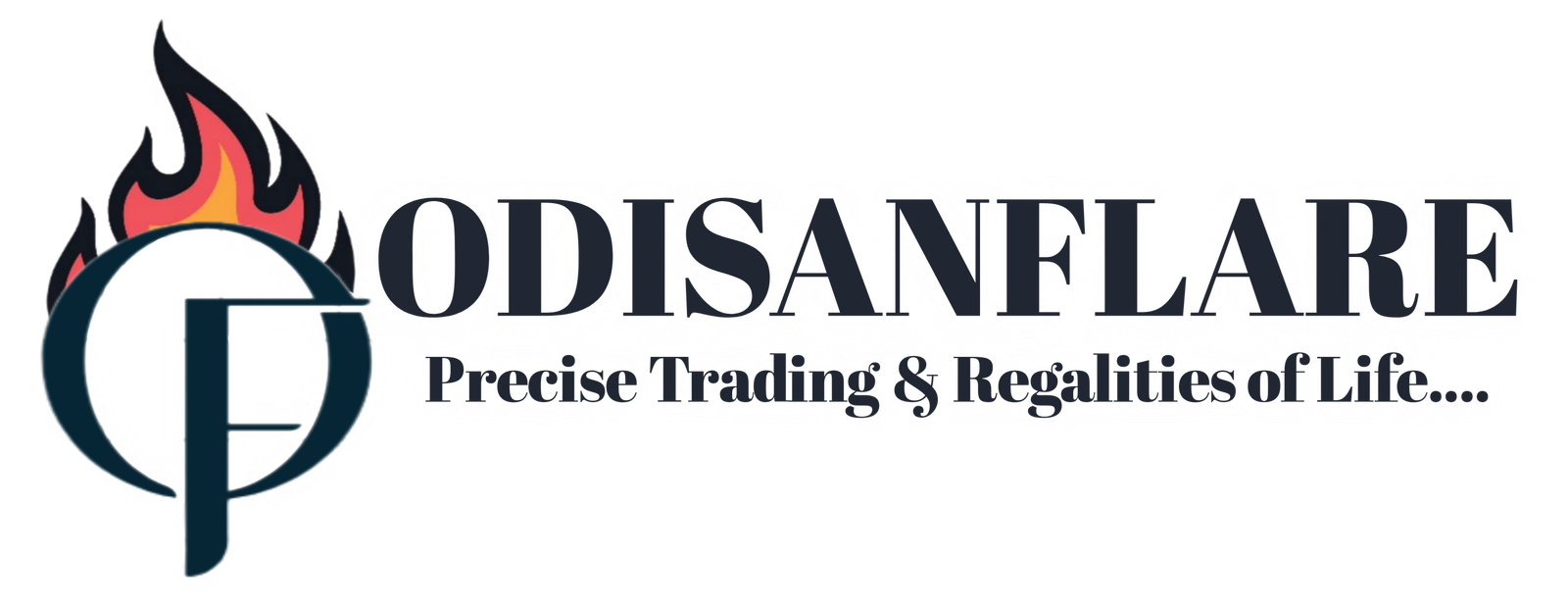Stoic Secrets to Financial Freedom
- Posted on 08 October, 2024
- business acumen
- By Somto Daniel

Financial freedom is a goal that many people strive for, but the path to achieving it can often feel like a never-ending maze. In a world that constantly screams at us to buy more, spend more, and live larger, it’s easy to feel trapped by our finances rather than liberated by them. But what if the key to financial freedom wasn't just about earning more money or investing in the right stocks? What if it was about changing the way we think? Enter Stoicism—a philosophy from ancient Greece and Rome that has stood the test of time for its simplicity, practicality, and downright zen-like approach to life. Let’s explore how Stoic principles can guide us toward financial independence.
1. Practice Mindful Moderation (a.k.a., Don’t Buy All the Things)
The Stoics taught us the importance of moderation. They believed that happiness comes not from external possessions but from a mindset that values inner peace over material wealth. Marcus Aurelius, the Roman emperor and Stoic philosopher, once wrote, "Very little is needed to make a happy life; it is all within yourself, in your way of thinking."
The next time you’re tempted to buy that shiny new gadget or splurge on the latest fashion trend, remember that true contentment isn’t found in material things. It's found in appreciating what you already have.
Wealth consists not in having great possessions, but in having few wants.
Think of yourself as a dragon protecting your gold. But instead of hoarding treasure, you're hoarding inner peace... which, fortunately, is tax-free.
2. Embrace Discomfort (Save More, Spend Less)
Seneca, another great Stoic philosopher, had a peculiar habit: he would practice poverty for a few days each month by living simply and eating only the most basic foods. He did this to remind himself that he could handle discomfort and to reduce his fear of losing wealth. The lesson here? If you can be comfortable with less, you’ll feel less pressure to maintain a lifestyle that requires more money.
Adopt a “Stoic Week.” Spend one week living frugally, eating simply, and cutting out all unnecessary expenses. You might just find that your “needs” are fewer than you thought.
it is not the man who has too little, but the man who craves more, that is poor.
Imagine trying to explain your new frugal lifestyle to your friends: “I’m not being cheap, I’m just being... Stoic.”
Related stories:
👉🏽10 Tips For Starting Your Own Business
👉🏽Poor To Wealthy: Practical Tips
👉🏽5 Factors Contributing To Poverty Persistence
3. Understand What You Can Control (Your Spending Habits)
A central tenet of Stoicism is to focus only on what you can control. You can’t control the stock market, inflation rates, or the unexpected expenses that life throws your way, but you can control how you respond to these situations. Instead of panicking when the markets dip, the Stoic investor stays calm, makes rational decisions, and sticks to their long-term strategy.
Create a budget that reflects your values and stick to it. Know that every financial decision, no matter how small, brings you one step closer to freedom.
You have power over your mind not outside events. Realize this, and you will find strength.” — Marcus Aurelius
You can’t control the market, but you can control how many avocado toasts you buy. Sorry millennials!
4. Prepare for the Worst (Without Being a Pessimist)
Stoics believed in a practice called premeditatio malorum—literally, “the premeditation of evils.” This means mentally preparing yourself for the worst-case scenarios. What if you lose your job? What if your investments tank? While this might sound a bit grim, the idea is not to live in fear but to be ready for anything. The modern version of this is having an emergency fund, three to six months of expenses tucked away for a rainy day.
Prepare, don’t panic. Understand that challenges will come, but with a Stoic mindset, you’ll handle them like a financial ninja.
Luck is what happens when preparation meets opportunity.
When life gives you lemons, make lemonade—and then sell it at a profit because you’re prepared.
Trending Now: 👉🏽Creating Your Own Wealth Independently
5. Avoid Comparison and Envy (Stop Keeping Up with the Joneses)
One of the great Stoic teachings is to avoid comparing yourself to others. Nothing can rob you of joy faster than envy. Social media makes it easy to fall into the trap of wanting what others have, whether it's a bigger house, a faster car, or a fancier vacation.
Remember that your journey to financial freedom is unique. The only comparison you should be making is with your past self.
He who is not satisfied with a little is satisfied with nothing.
Keeping up with the Joneses is expensive. Who even are the Joneses, and why are they always ahead?
6. Cultivate Gratitude (Appreciate What You Have)
Gratitude is a powerful practice that can transform your relationship with money. The Stoics often wrote about the importance of being thankful for what you have rather than focusing on what you lack. By regularly acknowledging the things you’re grateful for, you train your brain to see abundance rather than scarcity.
Start a daily gratitude journal, listing three things you appreciate about your financial situation. Whether it’s the roof over your head, the food on your table, or the people who support you, there’s always something to be thankful for.
Gratitude is not only the greatest of virtues but the parent of all others.
Gratitude is like a muscle. The more you exercise it, the more ripped your happiness gets!
Conclusion: The Stoic Path to Financial Freedom
Achieving financial freedom doesn’t necessarily mean having millions in the bank; it’s about having control over your finances and living in alignment with your values. The Stoic philosophy teaches us to embrace simplicity, stay calm under pressure, and focus on what truly matters. While we can’t control every financial twist and turn, we can control our mindset and our actions.
Wealth is the ability to fully experience life.
Becoming financially free with Stoic wisdom might mean spending less on “stuff” and more on experiences. But hey, at least you won’t have to dust experiences or pay taxes on them!
So, go ahead and put those Stoic secrets into action. Remember, it’s not about what you have, but who you become in the process. And if all else fails, just ask yourself, “What would Marcus Aurelius do?” (Hint: He wouldn’t panic-buy a new car, that’s for sure.)
You might also like:
👉🏽Blockchain Inpacts In The Industries
👉🏽What It Takes To Start A Business
👉🏽The Habits Of The Wealthy




0 Response